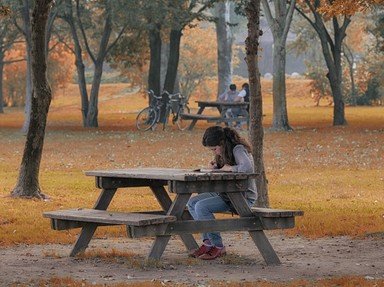Quiz Answer Key and Fun Facts
1. Fought in Greek War of Independence
2. Appointed as Dresser at a hospital while studying medicine
3. Found the "lost" Crown Jewels
4. Managed Urania Cottage for so-called fallen women
5. Advocated nonviolence and vegetarianism
6. Wrote about color theory and constructed a barometer
7. Called the Father of Realism
8. Studied to become a minister before acquiring later beliefs
9. Decorated for bravery during Crimean War
10. Chosen to symbolize German nationalism by Adolf Hitler
Source: Author
ponycargirl
This quiz was reviewed by FunTrivia editor
gtho4 before going online.
Any errors found in FunTrivia content are routinely corrected through our feedback system.
